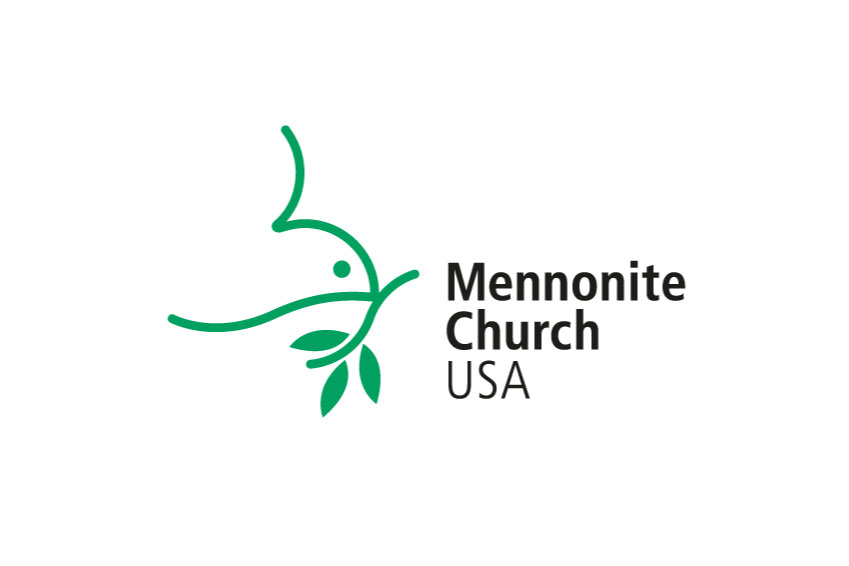In the wake of the COVID-19 pandemic, Mennonite Church USA (MC USA) denounces the anti-Asian discrimination taking place across our country. We believe that this and any form of racism stand in the way of Christ’s kingdom of love, justice and peace.
At a time when we need to come together to connect and care for each other in response to the pandemic that affects the health of all people, Asian American communities have the additional fear of becoming targets of misplaced anger. Asian Americans are being targeted violently — coughed at, sprayed at, stabbed, glared and yelled at — in the grocery stores, banks, parks and even in their neighborhood streets. When leaders of our country refer to COVID-19 as the “China virus,” it has costly consequences impacting all Asian Americans. The growing fear of increased violence toward Asian Americans is noted even by the FBI.
As people committed to the way of peace, we are called to reject the ways of xenophobia and scapegoating. We must seek to live by Jesus’ example who is “our peace; in his flesh he has made both groups into one and has broken down the dividing wall, that is, the hostility between us.” (Ephesians 2:14 NRSV).
We all need to do our part to be anti-racists now, when we have opportunities to stand up for each other and love our neighbors in concrete ways.
Here are a few suggestions on how you can speak out against anti-Asian racism:
- If someone refers to COVID-19 with a racial slur, correct them. Naming matters. Let them know the World Health Organization has given concrete guidelines since 2015 on best practices for naming new human infectious diseases to minimize unnecessary negative impacts on nations or people.
- Avoid stereotyping people or countries when you talk to children about COVID-19. How adults talk about a people group affects how our children understand their lived reality. These helpful tips from the National Association of School Psychologists can guide you in countering stigma and racism as you talk to your children.
- Check on your neighbors. If you have an elderly Asian American neighbor who is afraid to go to the store, ask them if you could pick up groceries for them. Remind your Asian American neighbors and church members that they are seen and valued as an important part of the community.
- Check your biases and name them. Research shows that unspoken biases can be changed, but individuals must admit that they have them in the first place. Here are some tactics to identify and reduce your implicit bias.
Additional resources:
ReconciliAsian is a peace center in Los Angeles that equips leaders in Korean and Asian American churches and communities to serve in ways that promote unity, justice and peace toward reconciliation.
Intercultural Development Inventory (IDI) is an assessment tool that measures intercultural competence – the ability to engage effectively and appropriately with people who are different than us. There are several qualified administrators throughout MC USA.
Roots of Justice works to seek the liberation of all persons from oppression, by providing strategies and tools for educating, organizing and renewing persons, institutions and systems.
The Statement on Anti-Asian Racism in the Time of COVID-19 from the Asian American Christian Collaborative provides further perspective and background on the history of anti-Asian racism within the United States.
Asian American history series by PBS
Anti-Asian racism history in America (in Korean)


